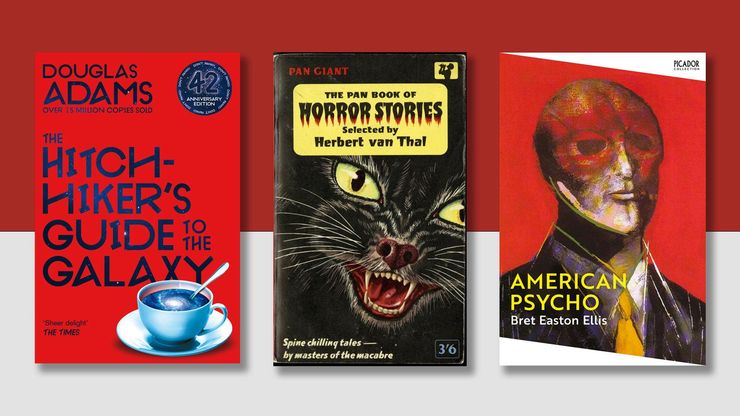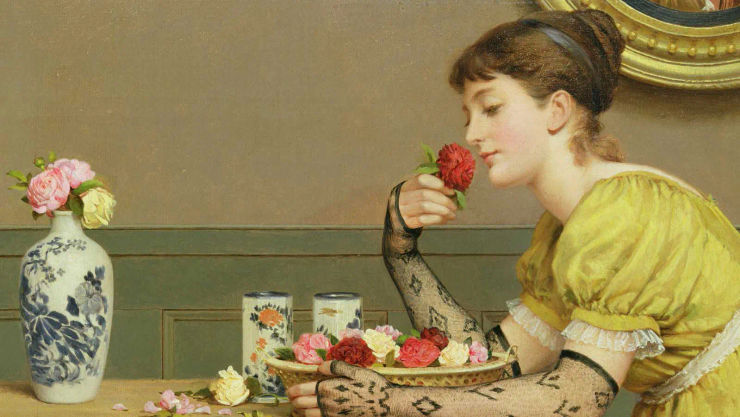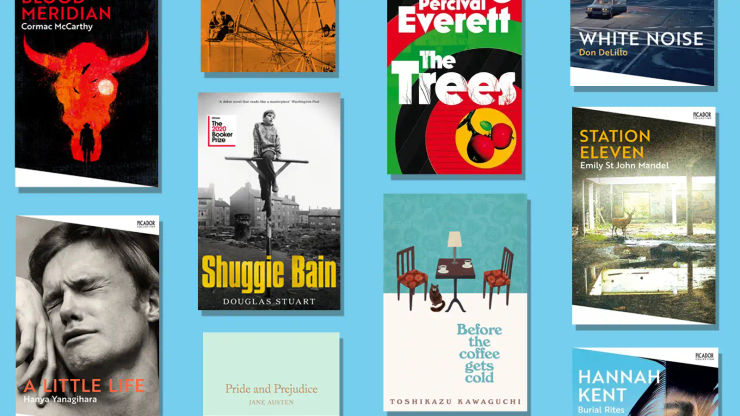Why You Should Read B. S. Johnson
2013 was the eightieth anniversary of the birth (5 February) and, rather more sadly, the fortieth of the death (November 13) of B. S. Johnson.
2013 was the eightieth anniversary of the birth (5 February) and, rather more sadly, the fortieth of the death (November 13) of B. S. Johnson. Now, I realize that you may not have heard of him – in fact, there’s a good chance you won’t have; the Independent once called Johnson ‘the ultimate forgotten author’ – but I’m hoping that you’ll want to know more. Why? Well . . .
In his heyday, during the 1960s and early 1970s, Johnson was one of the best-known novelists in Britain and though he’s still much loved in literary circles, his work has become somewhat unread. He’s now generally remembered, if at all, as ‘the chap who wrote that book in the box’. I’m referring to his legendary experiment in form, The Unfortunates, which was published as twenty-seven discrete sections in a box that you could read in any order, providing you started with the first and ended with the last. This typifies the problem: everybody talks about the curious (lack of) binding, but few talk about the remarkable qualities of the novel itself. I suppose he brought it upon himself by being so formally innovative. If you ever have the chance, you should give The Unfortunates a read: it’s one of the most powerful explorations of human memory and grief I’ve come across. But nobody says that. They usually just say, ‘Wow, a box – cool!’
Despite the box, I think there’s more to Bryan’s work than formal games. Yes, of course, we are talking about a man who employed distinctive typographic devices; who cut holes in the pages of a book, even (Albert Angelo, if you’re interested). But that isn’t the only reason why Johnson is such an interesting novelist – honest!
If I could choose only one reason why I would recommend him to you it wouldn’t be his canonical importance or his acerbic wit; it wouldn’t be his linguistic virtuosity or his scrupulous commitment to truth; it would be a rarer virtue, one that underpins all the others: it would be his exceptional bravery.
Johnson expressed forthright views on the novel, its role in society and the plight of being an author of ‘fiction’. He often cited the analogy of literature as a relay race in which the baton of experience is passed from one generation to the next. In his opinion, many of his contemporaries had ‘stood still, dropped the baton or not even realized that there is a race’. I’m sure you can imagine how making such pronouncements might marginalize a writer within the writing community, yet despite this and other severe challenges Johnson’s conviction of the importance of writing never wavered. He was ‘writing as though it mattered, as though [he] meant it, as though [he] meant it to matter’. His body of work is unique because he never gave up trying to carry that baton; he never stopped believing this lunatic notion that by capturing something in language and setting it down in type he might be adding something of value to the world. The best writing and the best writers share this conviction, but so few are prepared to go to the lengths that Johnson did. That’s what makes him special, for me at least, his conviction in the enterprise.
Should I have failed to convince you, the great Samuel Beckett – a man hardly renowned for giving praise – once said that Johnson was ‘a most gifted writer’; Anthony Burgess was no less enthusiastic, remarking that ‘the future of the novel depends on people like B. S. Johnson’. So, on the assumption that at least one of us (Beckett, Burgess or me, that is) has made you want to discover more – which I’m sure we have, right? – here’s what you can look forward to:
- Single-volume reissues of his novels Albert Angelo, Trawl, House Mother Normal and Christie Malry’s Own Double-Entry. All the books feature eye-catching new covers by La Boca and have introductions by, respectively, Toby Litt, Jon McGregor, Andrew Motion and John Lanchester.
- A new 480-page volume called Well Done God!: Selected Prose and Drama of B. S. Johnson. Two of the foremost scholars of Johnson’s work, Philip Tew and Julia Jordan, have joined forces with Jonathan Coe, author of the prize-winning biography Like a Fiery Elephant, to edit this collection of rare and out-of-print material. The book contains a facsimile reprint of Johnson’s short prose collection Aren’t You Rather Young to be Writing Your Memoirs?, six stage and television plays (three of them previously unpublished) and more than one hundred pages of uncollected journalism.
- In April 2013, the BFI is releasing a DVD of Johnson’s film work, You’re Human Like the Rest of Them (the script is included in Well Done God!).
- Finally, an evening of readings, screenings and discussions to celebrate Johnson’s life and work will be held on February 15 at the British Library in London. Confirmed participants include David Quantick, Julia Jordan and Johnson’s longtime friends and collaborators Michael Bakewell and Philip Pacey.
If I had to recommend a place to start, I’d say that Albert Angelo is the seminal book, though Christie Malry’s Own Double-Entry is the funniest, so perhaps that’s worth knowing too.
Kris Doyle, Editor, Picador


